Every war has unintended consequences— that’s why the wise leader never starts one. When King John returned to England in October 1214 from the European continent after yet another defeat at the hands of his lifelong enemies, the French, he faced perhaps the greatest unintended consequence in world history. Less than eight months after returning to England, in a sunlit meadow beside the Thames at Runnymede, he would be forced to affix his royal seal to the Magna Carta, the founding document of English—and in time, American—common law. It was both the final blow of the Battle of Bouvines and a significant first step along the labyrinthine path of individual freedom and dignity.
Unlike his late brother, Richard, John had never been a popular ruler in England. While his brother had been nicknamed “the Lion-Hearted,” John’s subjects called him “Blunt Sword” in mocking homage to his military misadventures. Ironically, it was his rapacious levying of taxes during his brother’s reign that earned him his other negative nickname, “the Black Prince,” and ensured him a place in popular literature as the evil foil of English folk hero Robin Hood and his Merry Men.
When John set out to reclaim his portion of France in the winter of 1214, many of his overtaxed barons declined to follow him, forcing John to depend on a number of mercenary troops who owed no particular allegiance to him or England. A contemporary troubadour captured the people’s view of their monarch on the eve of the invasion: “No one may ever trust him/For his heart is soft and cowardly.” True to form, John retreated almost immediately in the face of French resistance. When his subordinates proceeded to lose the Battle of Bouvines, John returned to England empty-handed in every sense of the word. He was broke.
Fearing yet another crushing round of taxes and confiscations from the king, a group of barons led by Robert FitzWalter (whose daughter, he said, the king had once tried to rape) rose in opposition. Declaring themselves “the Army of God and Holy Church,” the barons occupied London and demanded sweeping reforms in behalf of “the community of the whole land.” The rebels were far from democrats—they were mainly attempting to justify their refusal to serve in the king’s army or pay higher taxes and tributes to him—but their rebellion struck a nerve with the English people.
After the Archbishop of Canterbury threw in his lot with the rebels, giving their cause religious sanction, the king had no choice but to meet with his opponents at Runnymede in June 1215. There, they presented him with an extraordinary document entitled the Magna Carta, or great charter, which contained 63 clauses designed to limit the king’s power to tax, arrest, or imprison his subjects. Two clauses, in particular, became the foundation for English and ultimately American common law: the right to a speedy trial and the right to a trial by jury of one’s peers. For the first time in human history, the divine right of kings had been successfully defied.
The king, consistent to the last, immediately betrayed his promise at Runnymede, plunging the country yet again into civil war. With an army of foreign-raised mercenaries, he ravaged the countryside and laid siege to rebellious barons’ castles. In October 1216, however, John died of swiftly striking dysentery. His nine-year-old son Henry inherited both the crown and the Magna Carta, whose far-reaching clauses he immediately endorsed in the name of peace and compromise.
Five and half centuries later, the American Founding Fathers leaned heavily on the Magna Carta while drafting the Declaration of Independence and the Constitution. British historian Sir James Holt has written: “The road from Bouvines to Runnymede was direct, short and unavoidable.” The road to Philadelphia was far longer and much less direct, but it too began at Bouvines—unintended consequences, indeed.
Roy Morris Jr.
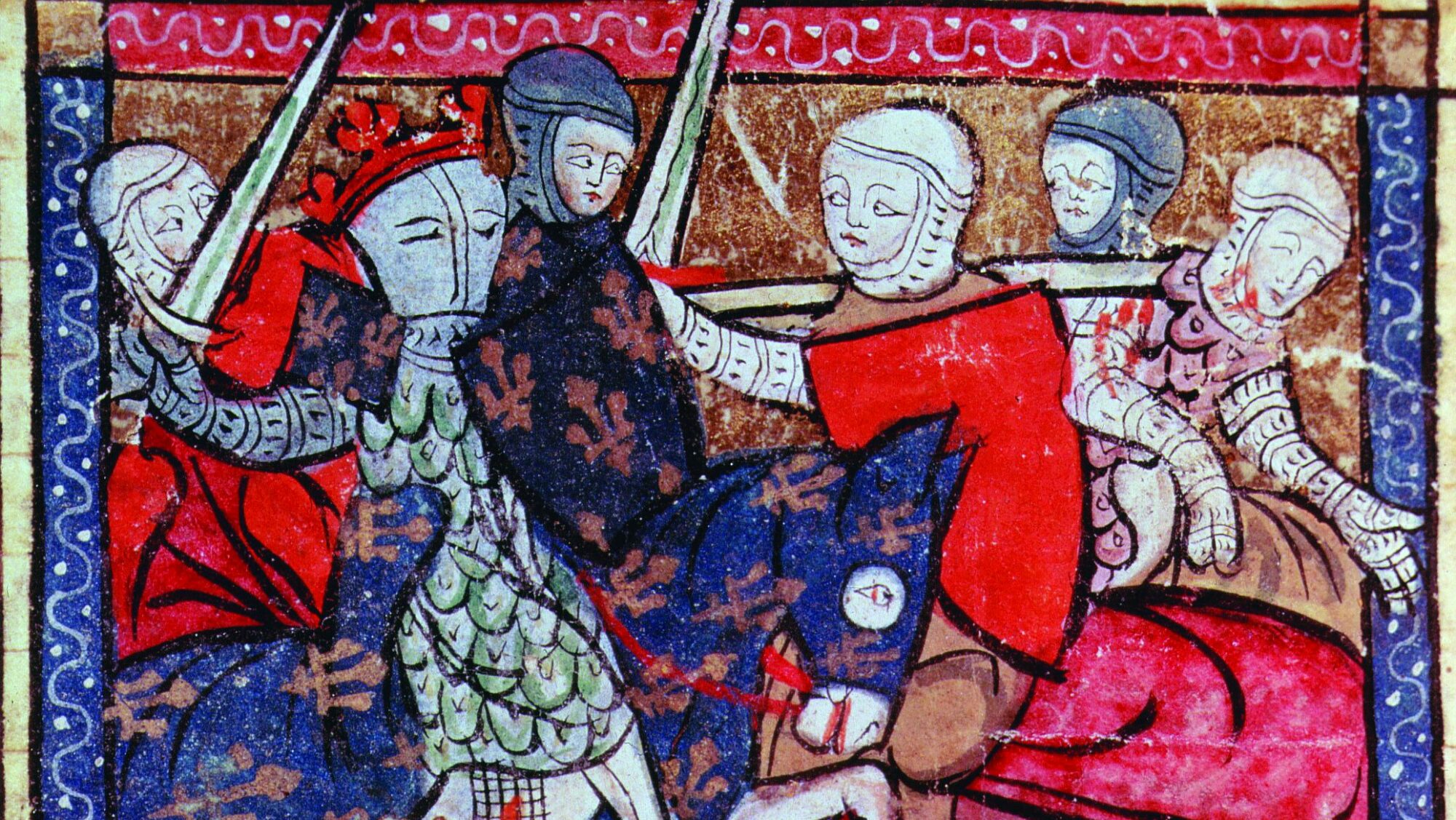
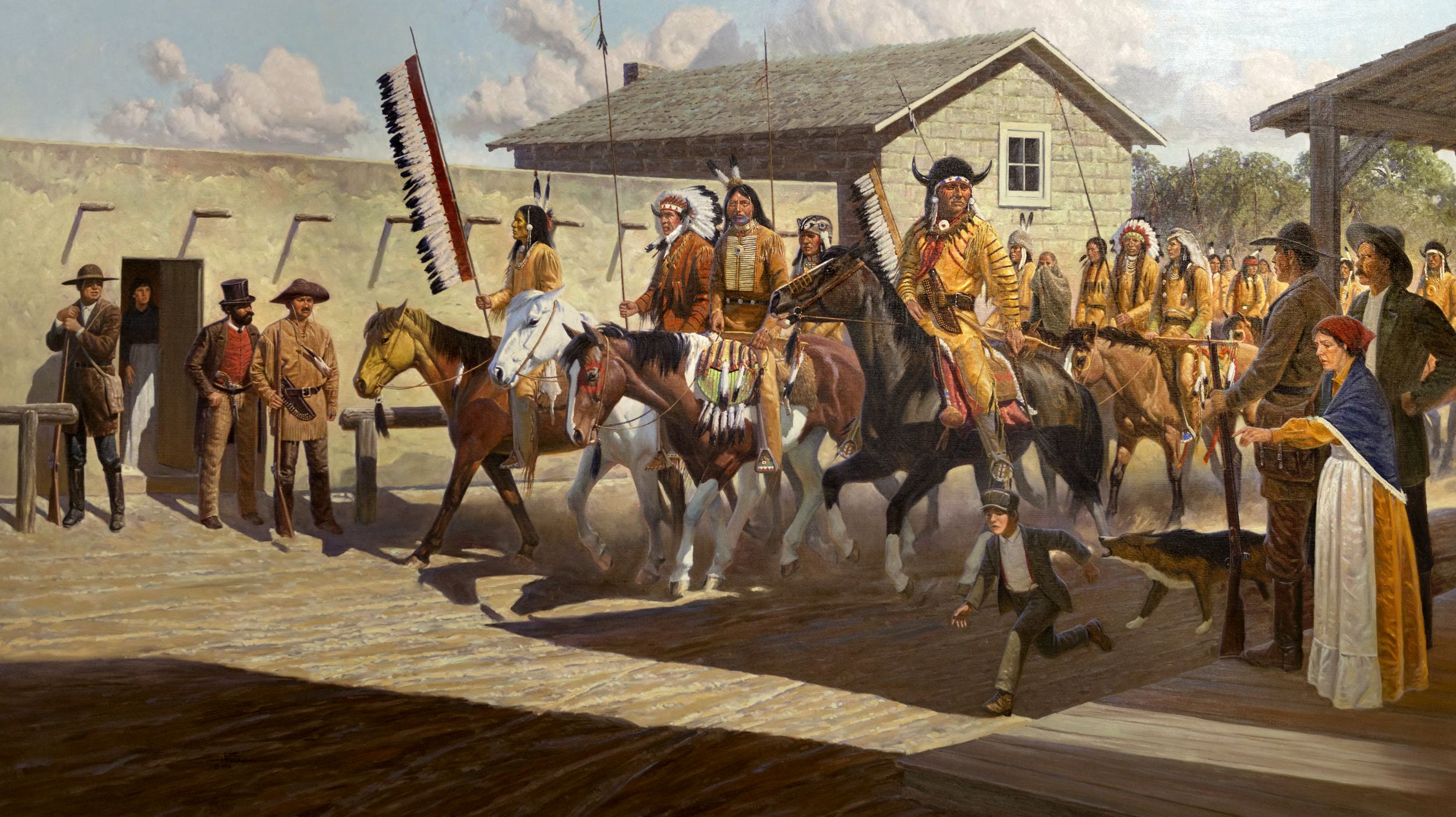
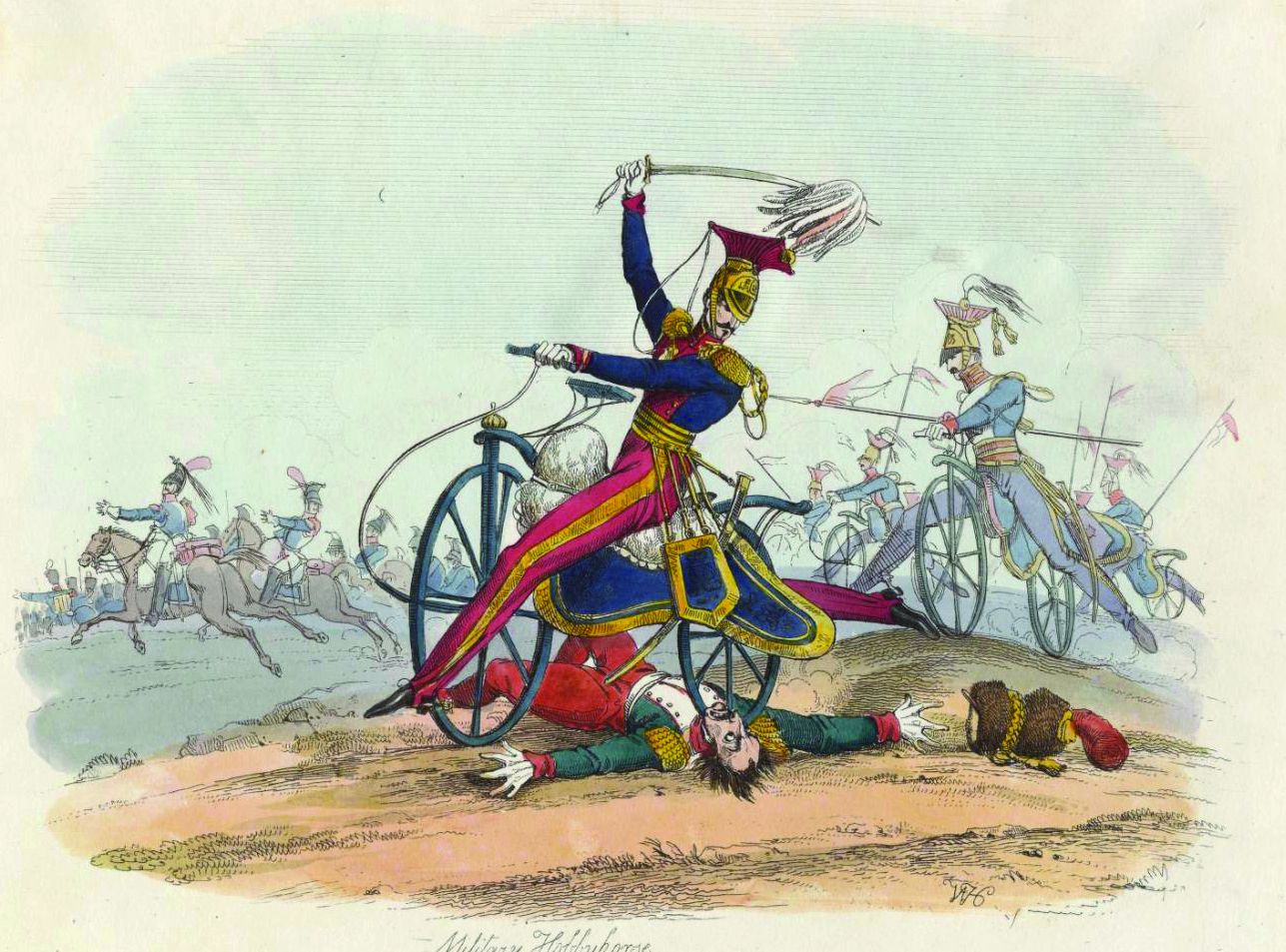
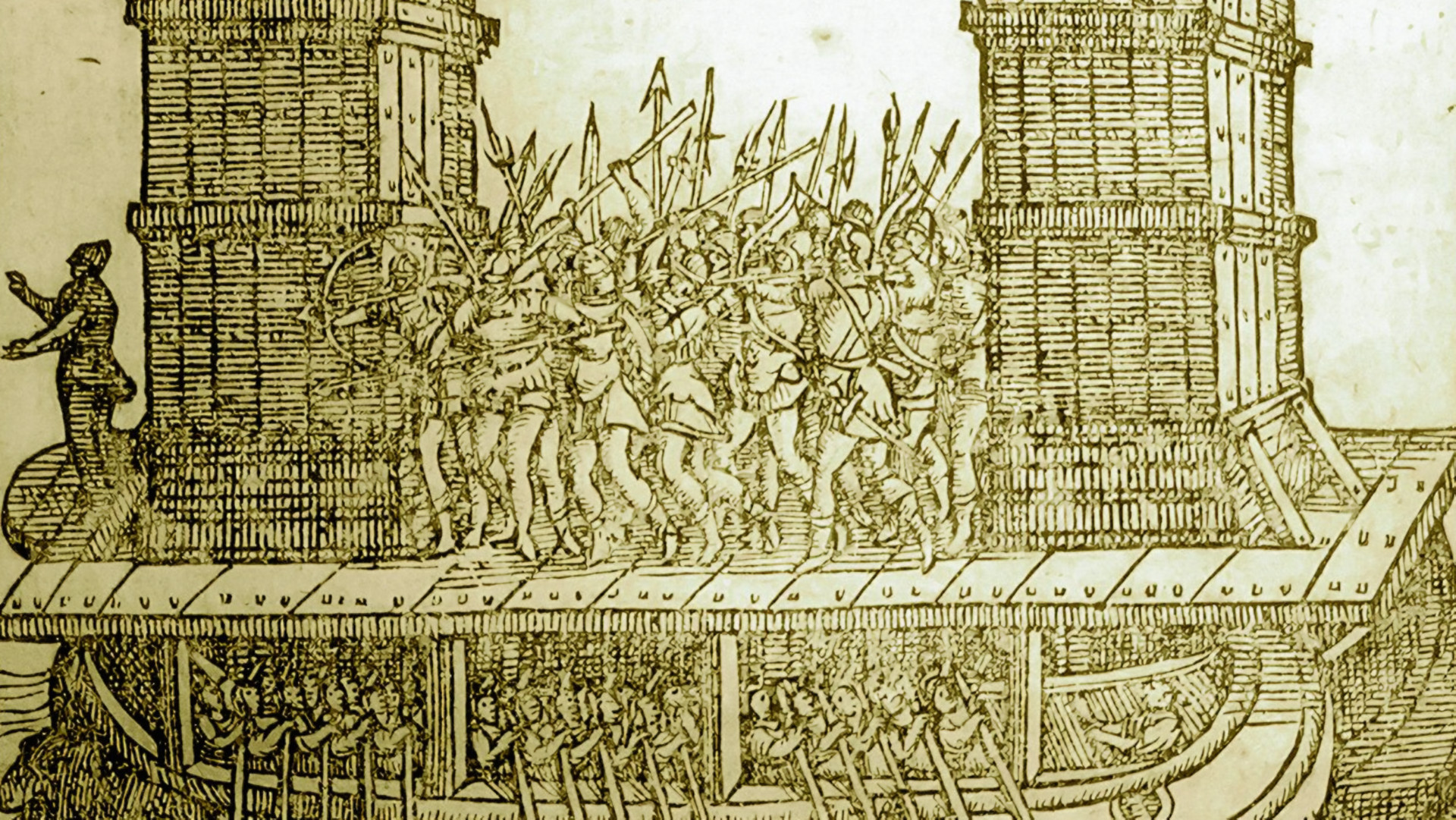

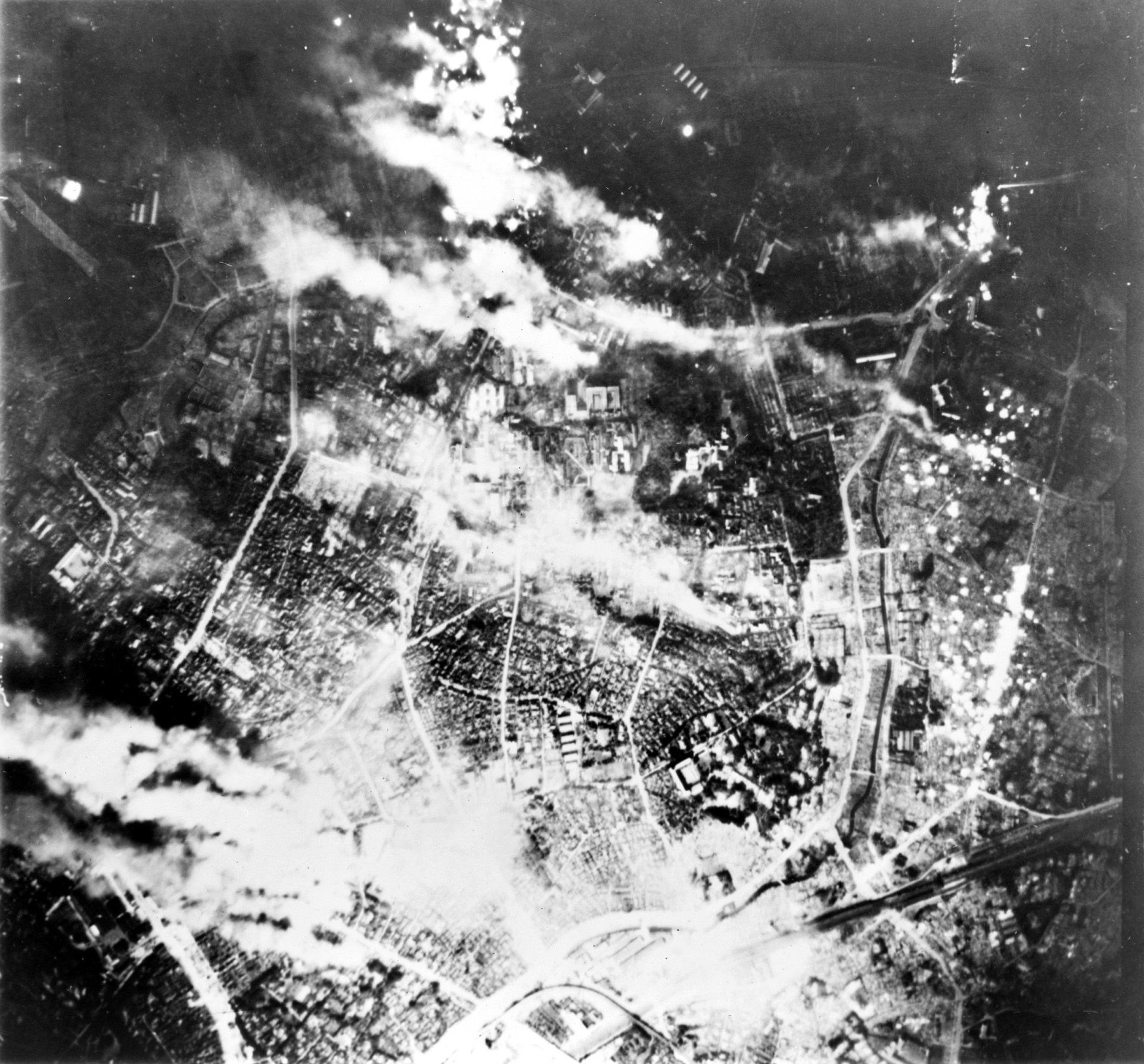
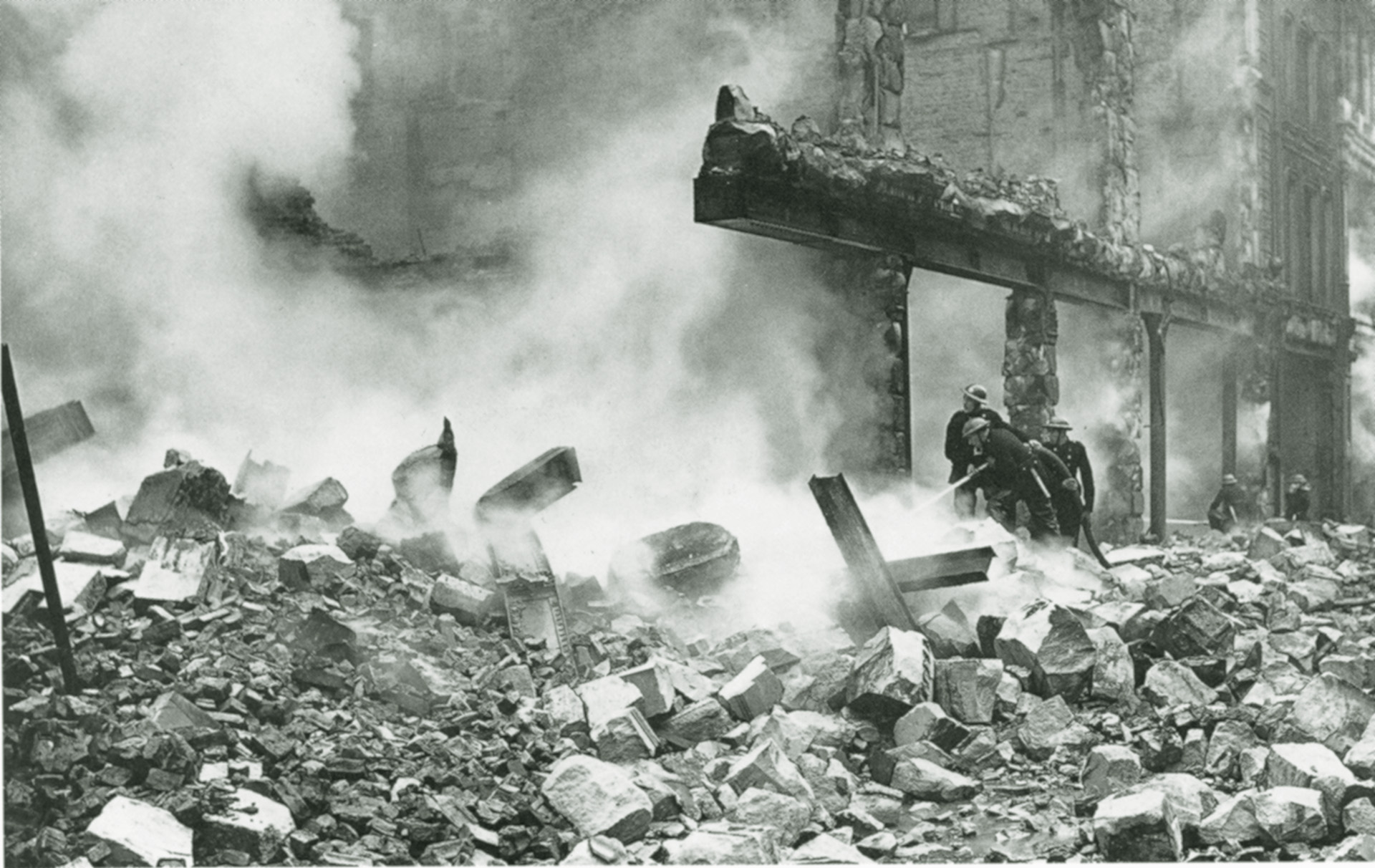
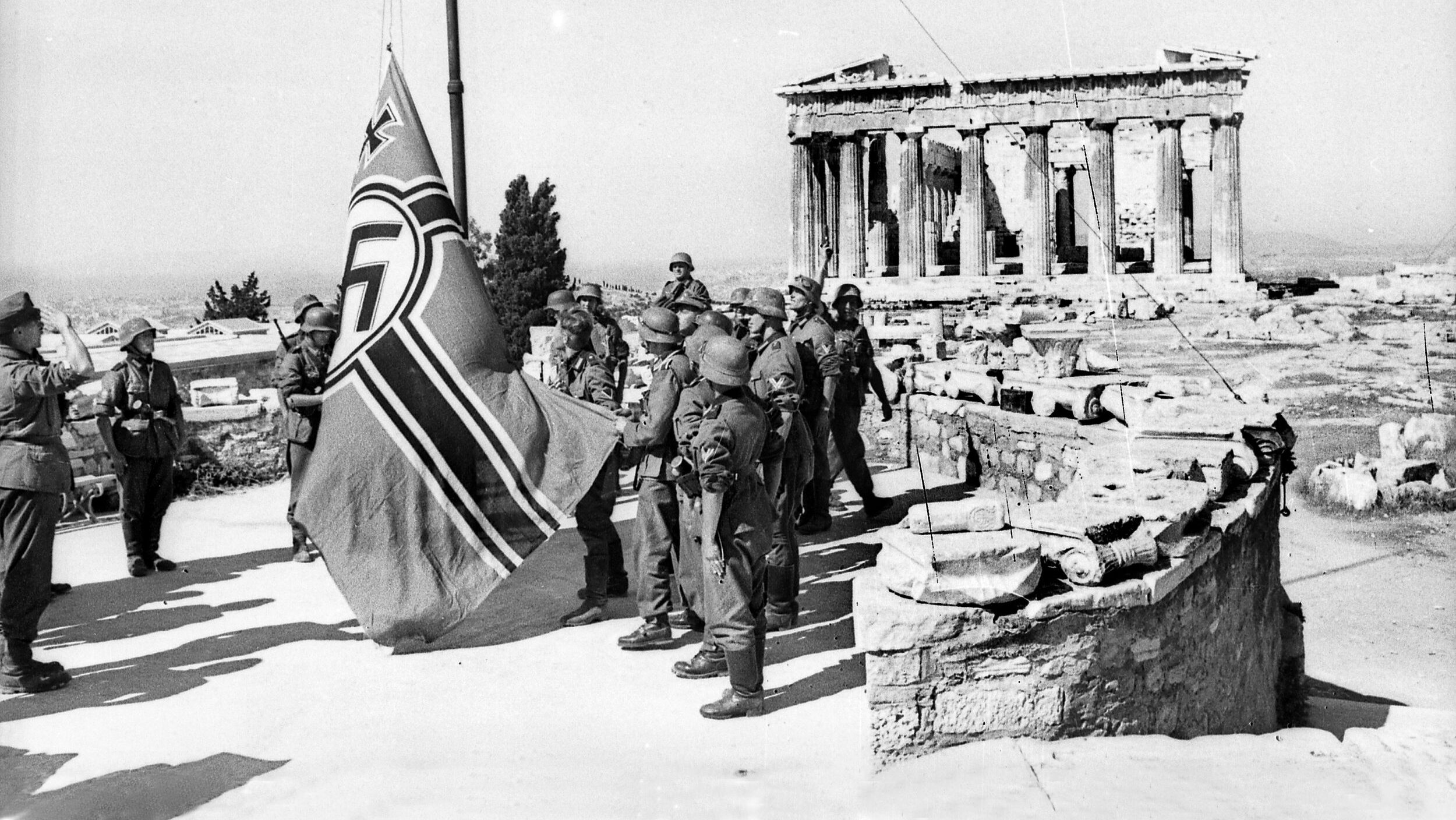
Join The Conversation
Comments
View All Comments